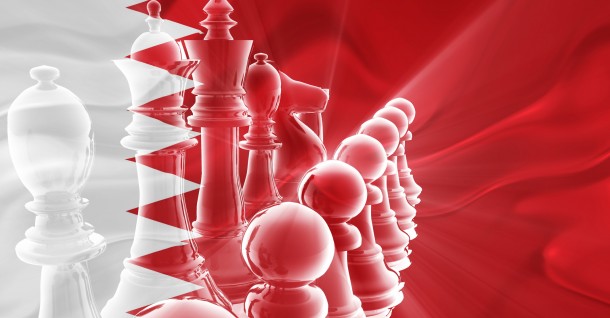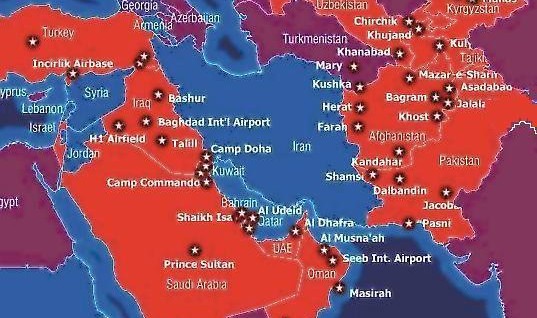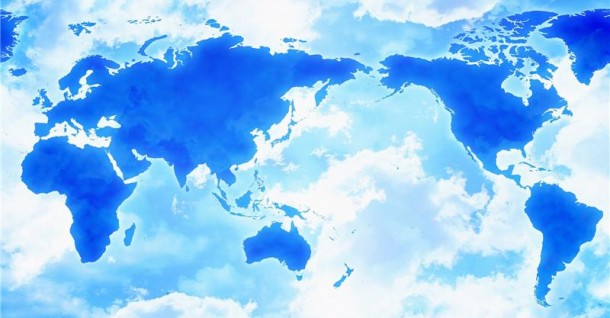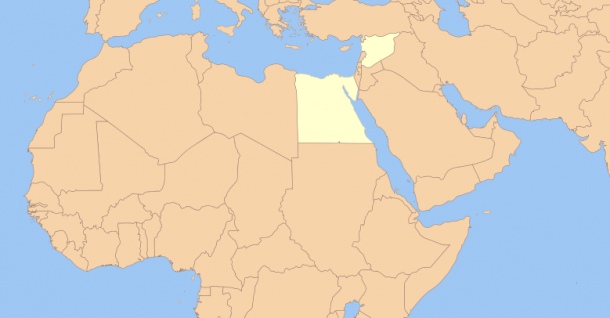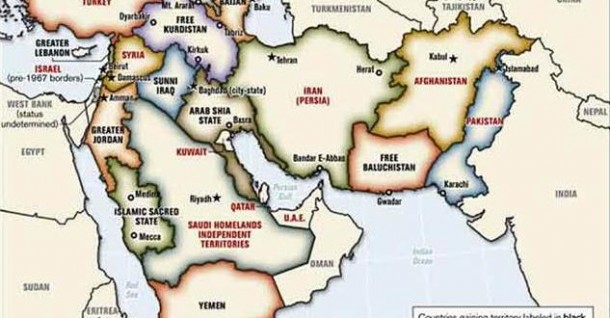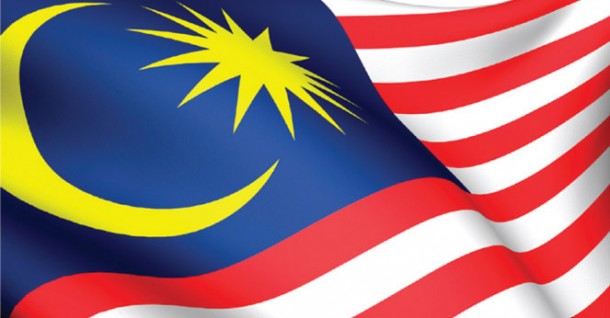One of the main diplomatic successes is integration, which reveals in different aspects: ideological, economic, information, politic, etc.
Recently, unifying tendencies more and more yield to the process of decatenation. Some countries, like Sudan and South Sudan, are divided; others, like Iraq and Libya, have almost come to dissolution to several detached territories.
However, integrating processes in the modern context take place, event thought they occur in the vast geopolitical expanses they still keep meaning. A new alliance on the international level come laden with potential progress and development of member states. After all, mutual support undoubtedly might assist in dealing with different complexities and problems.
***
Muslim countries had managed to build unions and alliances. However, most of them degenerated to the level of decorative organizations, where others brought together countries within local and specific scopes of interest. This condition led the world of Islam to the chaos that one can see in some Muslim states.
A number of Muslim alliances never began to work to the full extent, whereas if they managed to become functioning projects it would give a lot of dividends. The Developing 8 (Muslim Eight) is a kind of these projects. This alliance took aim at uniting the biggest and the most influential Muslim countries like Turkey, Iran, Pakistan, Indonesia, Egypt, Malaysia, and Nigeria. Only specification of these countries comes laden with huge potential. In spite of the lack in representation of Arabian Peninsula countries, one can concede that presence of these countries was about timing. Though, first things first…
***
The Muslim 8 was officially founded in June 1997 in Istanbul. The headquarter of D-8 was opened in Istanbul too, and this choice was nonrandom. The famous Turkish politician Necmettin Erbakan was one of the initiators of this organization, after all. At that time Erbakan was a prime-minister of Turkish Republic, and during the period of his short government he tried to implement what one could only desire – to draw geopolitically together Muslim countries. A number of political leaders in other countries supported this relevant vector, so the powerful supranational union was formed.
It worth to mention that even after resignation of Erbakan the D-8 continued its activity. Right up to 2001, the alliance organized summits trying to avoid integration slowdown. Unfortunately, these attempts did not bring about great success. Political processes in each of D-8 countries anyhow generated a negative impact on the alliance.
First, there were changes in Turkey, where Erbakan had to resign under the pressure of military circles. The interesting thing is that this happened at once after the foundation of the supranational Muslim alliance. This makes us seriously consider the “whimsical coincidence”. Moreover, the kemalists and secularists, who had a great power at those times, did not satisfied with Erbakan’s resignation. Soon they prohibited the ex-prime-minister to participate in country’s political life for the term of 5 years. It is reasonable that these actions affected the project of D-8.
***
It is strange, but disciple of Erbakan and, one might say, his successor the president of Turkish Republic Recep Erdogan for some reason did not follow this direction. In an initial stage, one could explain this with tactical reasons and unwillingness to suffer the same destiny as Erbakan had. However, after the “Fifth column” of the military was almost moved aside the project of Muslim unity could be reanimated. It is hard to point the reasons for Erdogan not to make efforts in this imperative matter. Nevertheless, it is obvious that the Muslim alliance could bring Islamic states to the higher geopolitical level.
Will Muslim leaders be able to overcome controversies and ambitions, which give no opportunity for the integration? Thereon hangs the fate of the Muslim states. Will they follow Somali, Libya, and Iraq scenario or will try to realize such an important concept of unity.
Agency for geopolitical research “Manara”
Muslim Politic
![Электронный журнал [Электронный журнал]](/magazine.static/magazine-front.jpg)

